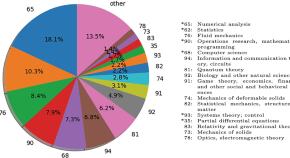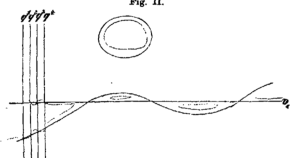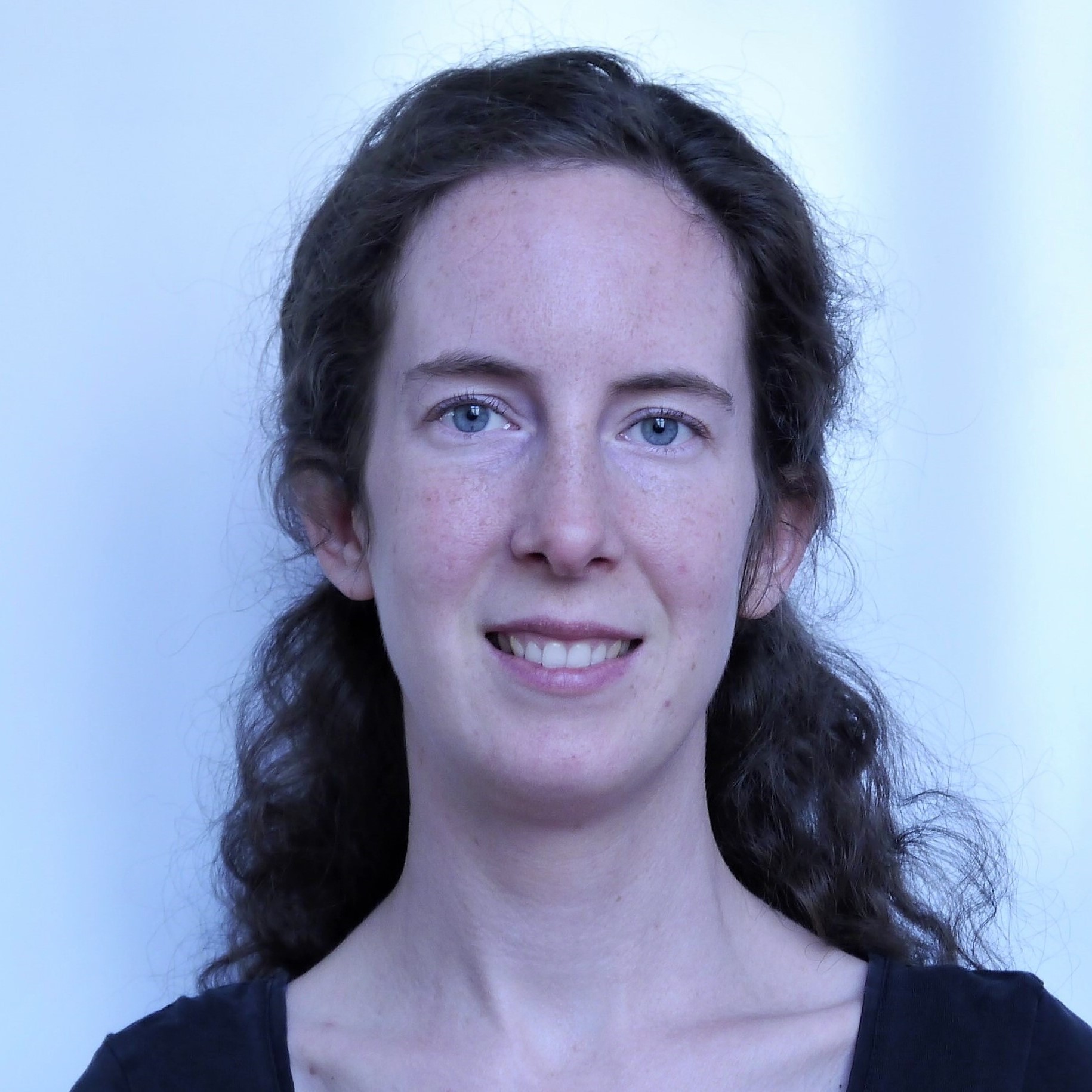
Collection
Linguistically informed Philosophy of Mathematics: How the study of mathematical texts contributes to the investigation of philosophical problems
- Submission status
- Closed
Text is a crucial medium for transferring mathematical ideas, agendas, and results within the scientific community and in educational contexts. This makes the focus on mathematical texts a natural and important part of the philosophical study of mathematics. Moreover, research on mathematical texts can take advantage of the huge body of knowledge and toolbox of methods from other disciplines such as linguistics and computer science to investigate problems in the philosophy of mathematics. Linguistically informed research addresses general questions of the philosophy of mathematics. Among those philosophical questions are the following, including methodological reflections on this approach.
● What are mathematical proofs, and which role does their textual representation play for mathematical communication and theorizing?
● How have mathematical concepts developed historically?
● What is the role of metaphor in mathematical practice?
● How do argumentative foundations change historically?
● How are mathematical objects conceptualized: is there a difference between formal and textual approaches?
● (How) Do tools like LaTeX, blogs, and forums influence mathematical practice?
This topical collection aims to bring together and build bridges between researchers from different methodological backgrounds to tackle questions concerning the philosophy of mathematics. This includes approaches from philosophical analysis, linguistics (e.g., corpus studies) and literature studies, but also methods from computer science and artificial intelligence (e.g., big data approaches and natural language processing), cognitive sciences, and mathematics education).
The impressive progress in natural language processing on the one side and automated theorem proving on the other side make it attractive to develop good models of mathematical texts to make use of state of the art techniques for better tooling in documenting and developing mathematics.
The language of mathematics as a technical jargon or as a special natural language with a rich structure is an important test-case for practical and theoretical study of language, and also has consequences for the philosophy of language and the philosophy of mathematical practice.
In this collection, we target mathematical text in a broad sense, including written interaction such as blogs, forums, reviews as well as textbooks and research articles.
Editors
-
Bernhard Fisseni
Bernhard Fisseni works at the university of Duisburg-Essen, where his research and teaching is in German linguistics and medieval studies with a focus on text technology and research data. He studied computational linguistics, German philology and computer science in Bonn and Utrecht. His PhD was on experimental pragmatics of focus interpretation. Later he worked on formal narratology. He has been investigating mathematical texts since his master's thesis as a member of Naproche.
-
Deniz Sarikaya
Deniz Sarikaya is a postdoc at Vrije Universiteit Brussels in the FWO Project,The Epistemology of Big Data: Mathematics and Critical Research Agenda on Data Practices, FWOAL950 and is a visitor of the University of Copenhagen & Technical University of Denmark funded by the DAAD. He completed his PhD in Brussels after studying philosophy and mathematics in Hamburg. He visited Universities in Amsterdam, Barcelona, Berkeley, Vancouver & Zurich and focuses on Philosophy of Mathematics, Science and Society and Math. Education.
-
Deborah Kant
Deborah Kant is currently employed at the Department of Mathematics, University of Hamburg. Her research focuses on mathematical practice and social epistemology and she coordinates a network furthering research on the "Diversity of mathematical research cultures and practices". For her PhD in philosophy, she did an extensive interview study with set theorists. She did research abroad in the U.S.A. and France published in Synthese, and is co-editor of Reflections on the Foundations of Mathematics, Synthese Library.
-
Bernhard Schröder
Bernhard Schröder is professor for German linguistics at the University of Duisburg-Essen. He studied general and computational linguistics, philosophy and Finno-Ugric languages in Bonn, Cologne and Helsinki. He holds degrees in philosophy and in computational linguistics. His main research fields are corpus linguistics, experimental linguistics, language change. In the field of the language of mathematics he is a co-founder of the interdisciplinary Naproche project dealing with the computational and linguistic analysis of mathematical texts.
Articles (10 in this collection)
-

-
What is an experiment in mathematical practice? New evidence from mining the Mathematical Reviews
Authors
- Henrik Kragh Sørensen
- Sophie Kjeldbjerg Mathiasen
- Mikkel Willum Johansen
- Content type: Original Research
- Open Access
- Published: 30 January 2024
- Article: 49

-
Unveiling the philosophical foundations: On Cantor’s transfinite infinites and the metaphorical accounts of infinity
Authors
- Osman Gazi Birgül
- Content type: Original Research
- Published: 07 November 2023
- Article: 164
-
How to make (mathematical) assertions with directives
Authors
- Laura Caponetto
- Luca San Mauro
- Giorgio Venturi
- Content type: Original Research
- Open Access
- Published: 17 October 2023
- Article: 127
-
How to frame innovation in mathematics
Authors
- Bernhard Fisseni
- Deniz Sarikaya
- Bernhard Schröder
- Content type: Original Research
- Open Access
- Published: 25 September 2023
- Article: 108

-
Realism and the point at infinity: The end of the line?
Authors
- Oisín Parkinson-Coombs
- Rafael Núñez
- Content type: Original Research
- Open Access
- Published: 29 August 2023
- Article: 81

-
Paul Cohen’s philosophy of mathematics and its reflection in his mathematical practice
Authors
- Roy Wagner
- Content type: Original Research
- Open Access
- Published: 28 July 2023
- Article: 46
-
Instructions and constructions in set theory proofs
Authors
- Keith Weber
- Content type: Original Research
- Published: 19 July 2023
- Article: 34
-
Relocating mathematics: a case of moving texts between the front and back of mathematics
Authors
- Jemma Lorenat
- Content type: Original Paper
- Open Access
- Published: 14 July 2023
- Article: 29

-
Understanding mathematical texts: a hermeneutical approach
Authors
- Merlin Carl
- Content type: Original Research
- Open Access
- Published: 15 December 2022
- Article: 524





